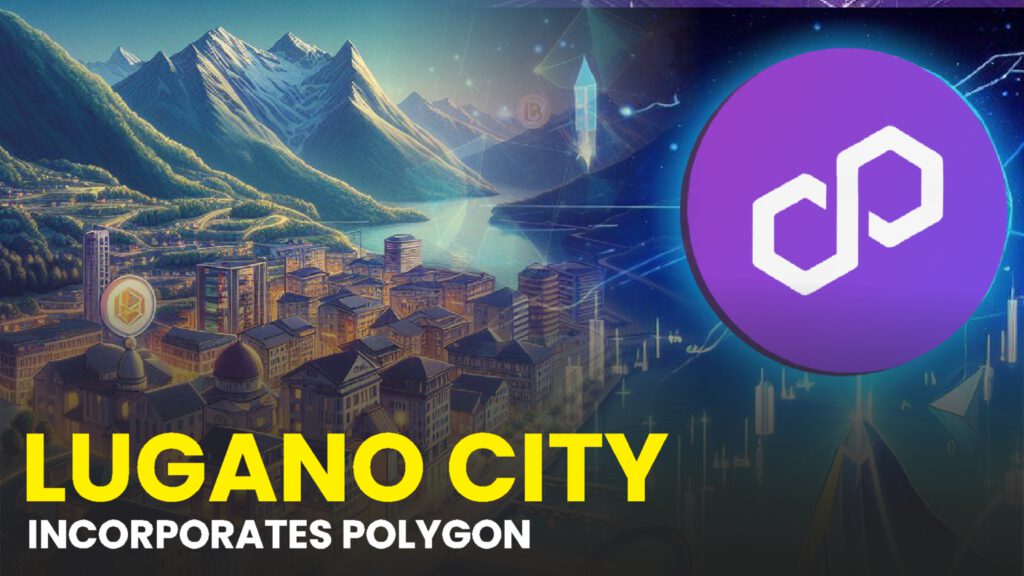The City of Lugano Integrates Polygon into Its Crypto Payment System
The city of Lugano, the economic capital of Italian-speaking southern Switzerland, is set to enhance its crypto-friendly payment app, MyLugano, by integrating the Polygon proof-of-stake (PoS) protocol.
According to an announcement on Polygon Labs’ website dated Nov. 22, the updated version of MyLugano introduces a multichain digital wallet for personal custody. The press release highlights the integration of “several tokens” into this app section and outlines plans for the addition of more cryptocurrencies.
As the network provider for tens of thousands of decentralized applications with $5 billion in secured assets, Polygon has been a strategic partner of the Swiss city since at least 2022. During that time, it became an infrastructure partner for the city’s stablecoin, LVGA.
MyLugano is also making strides in the realm of nonfungible tokens (NFTs) by launching a new collection dedicated to the work of artist Yuri Catania. This NFT series corresponds to a 40-meter-long, 8-meter-high artwork on the wall of the Palazzo dei Congressi, which will be tokenized on the Polygon network.
Lugano has established itself as a global leader in crypto adoption. The MyLugano app, developed in collaboration with stablecoin issuer Tether, caters to 30,000 users, representing almost half of the city’s population. The app facilitates digital currency payments for local small and medium-sized traders.
In March 2022, Lugano took a significant step by establishing a Center of Excellence for Blockchain Adoption in partnership with Tether. The objective is to position Lugano as a major European blockchain hub. The city administration is actively working towards allowing citizens and companies to pay cryptocurrency taxes in the near future. The ultimate goal is to enable crypto payments for all goods and services, mirroring the functionality of traditional fiat currency.
Despite these efforts, Lugano won’t be the first Swiss city to permit tax payments in crypto, with the canton of Zug and the city of Zermatt already having implemented such systems.


